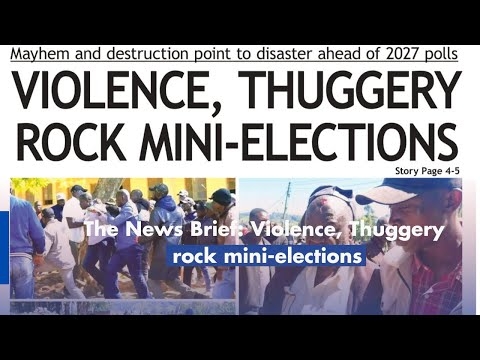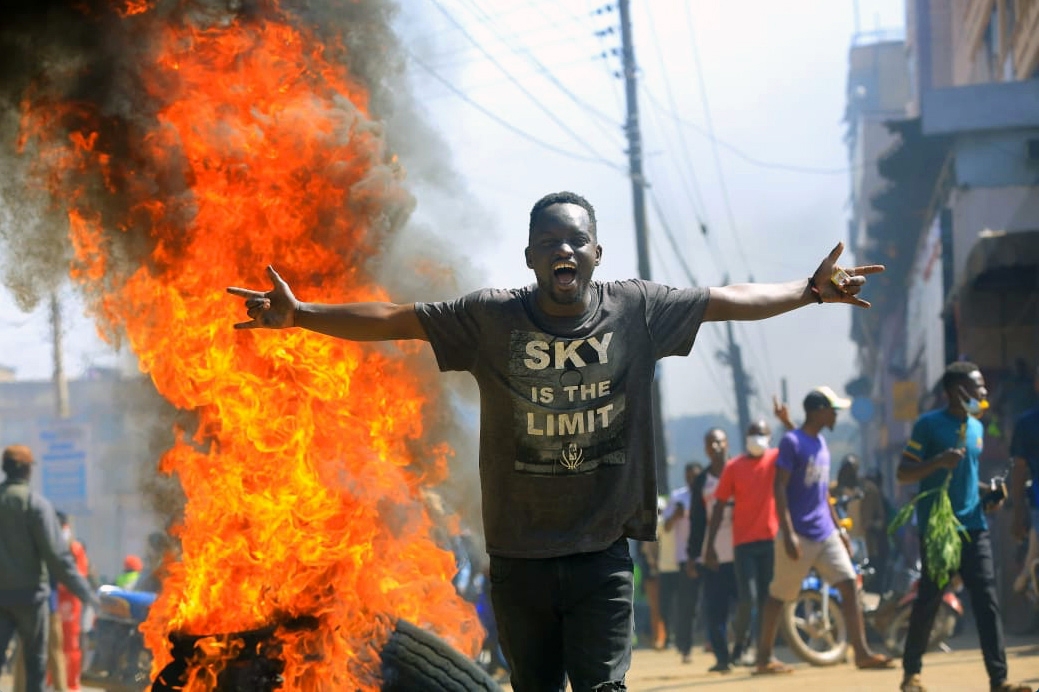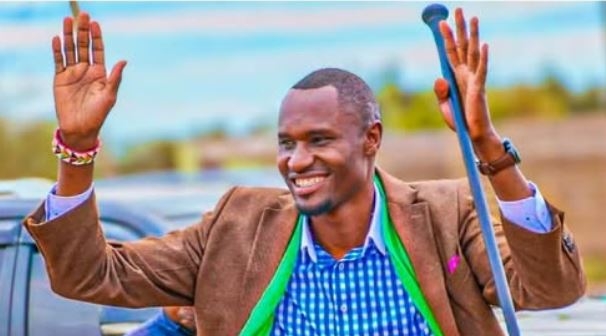Sometimes it is difficult to understand the games that big, powerful and respected people play.
On October 4, Pope Francis, the leader of Catholic Christian faith demonstrated the courage and conviction of warning the governments and people of the world to wake up to the ‘grave threat’ facing the earth from climate change.
He hosted and led 40 top ranking spiritual leaders from across the world faiths in the Vatican to build up pressure on governments that are going to participate in the 26th U.N. Climate Change Conference (COP26) at the end of October.
Under his leadership the gathering called for “decisive international political action to combat climate change and to safeguard, restore and heal our wounded humanity and the home entrusted to our stewardship.”
But despite all these brave words he looked sheepish and timid when his representative told the journalists that the Pope could not consider inviting the Dalai Lama because “he is not recognized by China”.
Interestingly the Pope’s representative made special efforts to retrieve the Pontiff’s face by saying, "His Holiness the Dalai Lama knows how well he is respected here by the Holy See but he also appreciates that our relations (with China) are complicated and difficult and he has always respected that and we appreciate that very much and so the dialogue goes on with Buddhism on many, many levels.”
But the damage was already done.
Unfortunately, Pope’s decision to give in to China’s demands and expose his helplessness and vulnerability even on petty matters like deciding his own guest list for an event to be held at his own home and headquarters has done no justice either to his personal image or to the honour and respect of world’s Christian community whom he represents and guides on the moral and spiritual fronts.
Sadly this is not the first time when the Vatican and the Pope surrendered to the bullying of China on issues related to Dalai Lama, a fellow religious leader who is held in esteem by innumerable organizations and governments across the world and has who been bestowed with over a hundred top international honours which include the Nobel Peace Prize, the Templeton Award, the Congressional Gold Medal of USA and the Magsaysay Award.
In December 2014 and later in September 2016 too, the Pope had invited international ridicule for not inviting the Dalai Lama to similar gatherings, organized by himself, just for the fear of China.
In December 2014 when Pope Francis kept Dalai Lama out of his convention of Nobel Peace laureates only to keep China in good humour, Judy Williams, a Nobel laureate publicly castigated the Pope for showing a lack of morality and truth.
“Where is conviction, where is truth, where is morality when the spiritual leader in Rome bows in one way or the other to economic pressure from China? That is another kind of warfare,” she announced in an open forum in Rome.
Even Christian leaders of Hong Kong like Cardinal Joseph Zen have been openly expressing shock and sadness over Vatican’s bending over backwards to win Beijing’s favours.
“A religion which claims its own supreme internal authority, can it submit itself to the complete control of an atheist government?” he asked in a published article.
China’s ever-growing tendency to use its economic power to arm-twist governments and institutions is slowly becoming an international trend. But there is strong pushback too from many quarters.
For example, in October 2014 when the South African government succumbed to Chinese pressure and denied visa to Dalai Lama to attend a peace conference, other Nobel laureates boycotted the event and the subsequent cancellation of the event caused serious embarrassment to Cape Town rulers.
If these developments expose the vulnerability of world government and leaders like Pope Francis before a rogue Beijing regime, they also reflect the moral strength and popularity of Dalai Lama. He is just a stateless refugee and represents the struggle of less than six million Tibetan people who are living under the colonial control of China for over seven decades.
But more than anything else such events expose the helplessness which a dictator like Xi Jinping and an all-powerful regime like China feels before an exiled person who calls himself a ‘humble-monk’. Xi and his government have time and again exposed their fear of this ‘humble-monk’ when they announce that the Communist Party of China will have the exclusive right to choose the next incarnation of the Dalai Lama after he passes away.
The US government’s new “Tibet Policy and Support Act-2020”, which makes it clear that none other than the Dalai Lama himself and the Tibetan people has any right to interfere in the identification of the next incarnation of Dalai Lama, has simply underlined the power of this ‘humble monk’ and the fear he holds for Xi Jinping and the Chinese government.

















